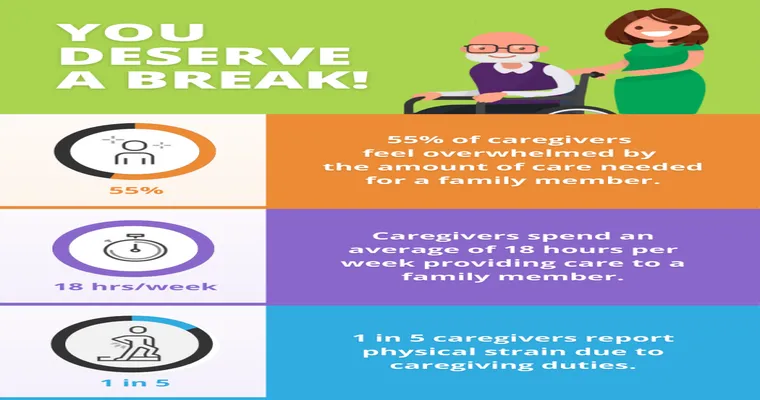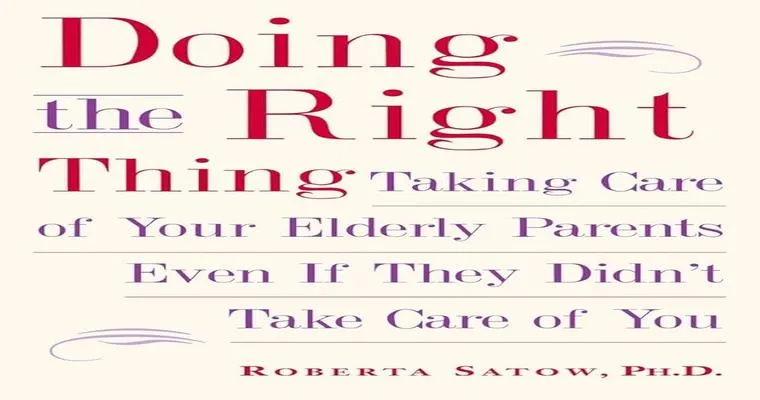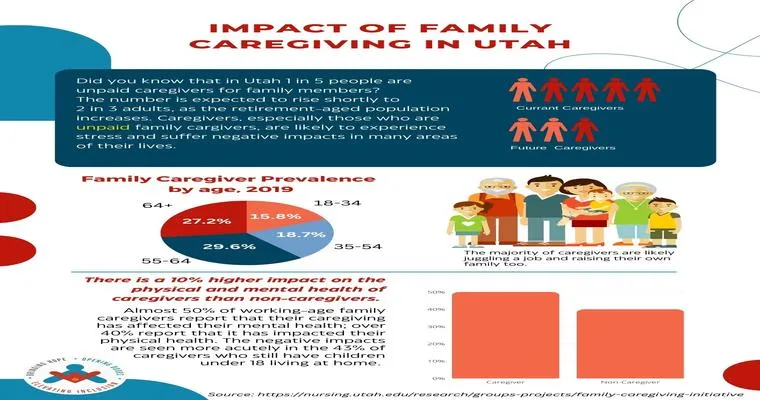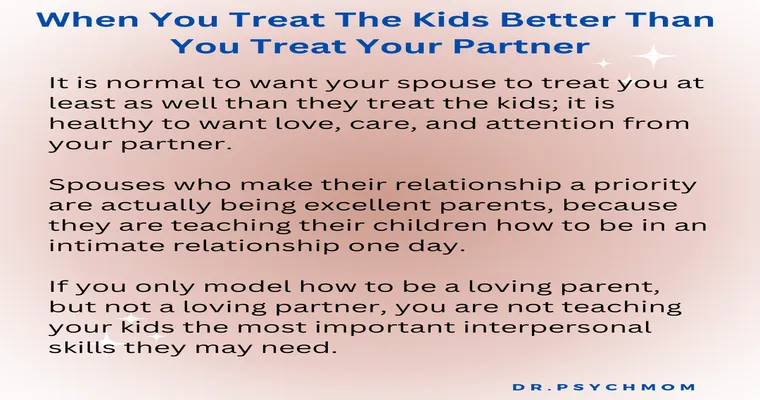Caring for "aging parents" can be an incredibly challenging experience that often leads to significant emotional and physical strain. Many individuals find themselves torn between their responsibilities to their parents and their own personal lives, which can lead to feelings of helplessness and frustration. On the other hand, going through a "divorce" can also be one of the most stressful events in a person's life, filled with emotional turmoil, financial strain, and a complete upheaval of daily routines. This article explores the complexities of both scenarios and aims to answer the question: Is caring for aging parents more stressful than getting divorced?
Emotional Toll
Both caring for aging parents and going through a divorce can take a serious emotional toll. When you become a caregiver, you may face feelings of guilt, sadness, and frustration as you watch your loved ones decline. The emotional burden can be compounded by the fact that many caregivers also juggle their own families, jobs, and personal lives. This multitasking can lead to a sense of isolation, as caregivers often feel they have no one to turn to for support.
Conversely, divorce brings its own emotional challenges. The end of a marriage can lead to feelings of failure, rejection, and loneliness. The emotional aspect of divorce is often exacerbated by legal battles, custody arrangements, and financial negotiations, making it a complex and draining process.
Financial Strain
Financial considerations are another critical aspect when comparing the stressors of caring for aging parents to those of getting divorced. Caring for elderly parents can entail significant costs, such as medical bills, home modifications, and additional caregiving services, which can strain your finances. Many individuals find themselves sacrificing their own financial stability to support their parents, leading to long-term repercussions for their own financial health.
Divorce can also lead to severe financial implications, including legal fees, the division of assets, and potential alimony or child support payments. The financial stress of divorce can be overwhelming and may take years to stabilize.
Impact on Relationships
Caring for aging parents can put a strain on personal relationships. The demands of caregiving can lead to tensions between siblings, spouses, or friends. Those who take on caregiving responsibilities may find themselves feeling resentful or unsupported, which can further complicate family dynamics.
In contrast, divorce involves the dissolution of a significant relationship, which can create a ripple effect on friendships and family ties. Mutual friends may feel caught in the middle, and family relationships can be strained if relatives take sides. Both scenarios can lead to feelings of isolation and disconnect from loved ones.
Physical Health Risks
The physical health of caregivers is often compromised as they prioritize their parents’ needs over their own. This neglect can lead to increased stress levels, anxiety, and even physical ailments such as headaches and fatigue. A study found that caregivers often experience higher rates of chronic illness due to the stress associated with their responsibilities.
Divorce, too, can negatively impact physical health. The emotional strain of ending a marriage can lead to unhealthy coping mechanisms, such as overeating or substance abuse, which can further deteriorate one's physical well-being.
Conclusion
Ultimately, whether caring for aging parents is more stressful than getting divorced depends on individual circumstances. Both situations present unique challenges and emotional strains that can significantly impact one's life. Caregivers may experience a prolonged period of stress as they navigate the complexities of aging, while divorce may present a sudden and intense emotional upheaval. By understanding the challenges of both scenarios, individuals can better prepare themselves for the emotional and practical aspects of these life changes. Seeking support from professionals, joining support groups, and prioritizing self-care are essential steps to manage the stress associated with both caregiving and divorce.





